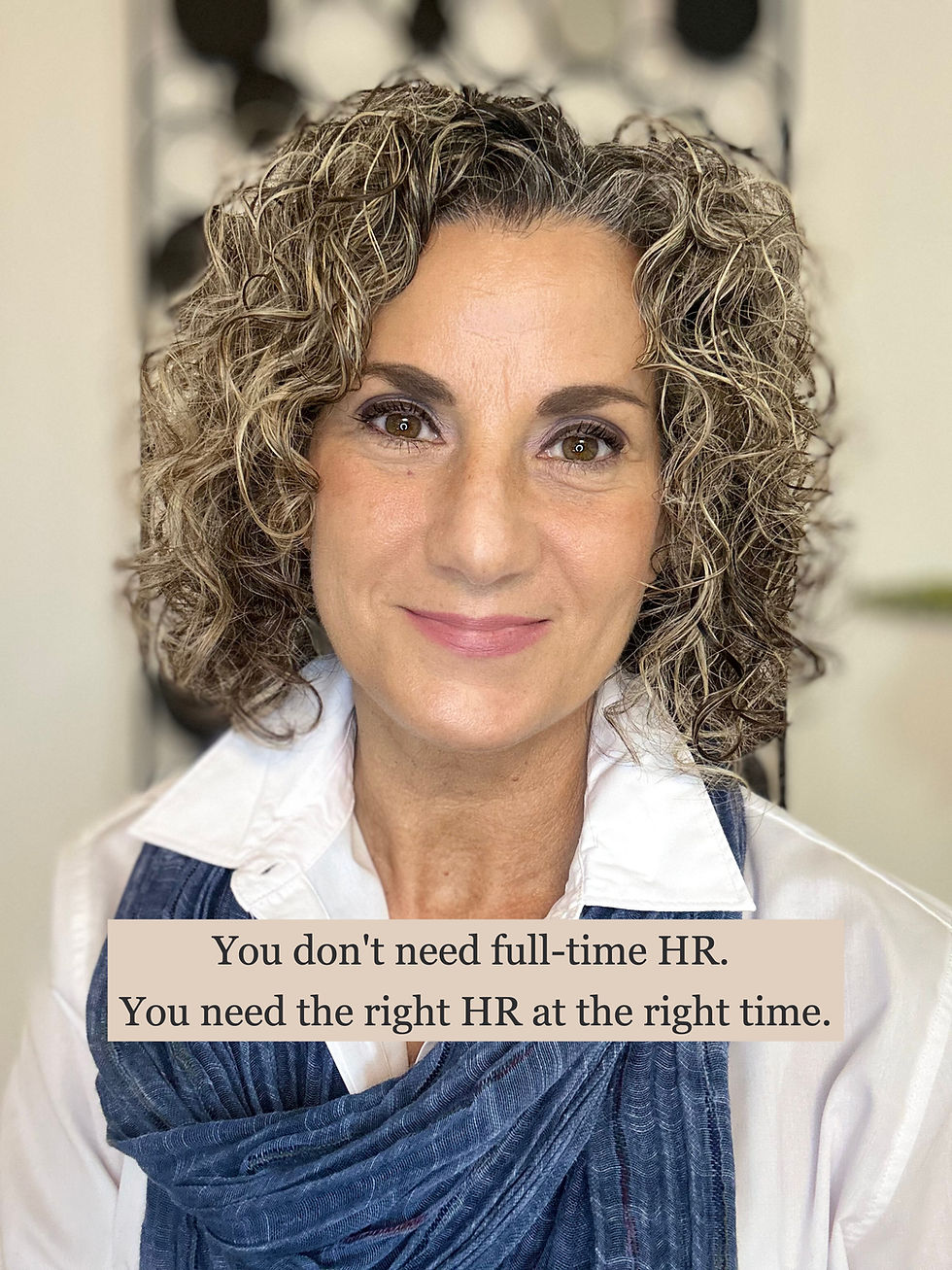Sick Notes: What’s New for Employers!
- Athina Iliadis

- Aug 21, 2025
- 3 min read
Sick notes are changing - Here’s what you need to know:
Whether or not you offer paid sick leave, every employer must deal with the tricky business of managing sick days. And when privacy, legal requirements, and fairness all collide - things can get messy fast.
In the past, it’s been common for employers to ask for a doctor’s note when an employee calls in sick. But that’s starting to shift. Several provinces in Canada have introduced new rules that limit when and how employers can request medical notes for short-term absences.

What’s New?
Ontario, Saskatchewan, Québec and BC have all passed legislation that restricts employers from automatically asking for sick notes.
Here’s a quick breakdown:
Ontario: As of 2024, employees taking up to 3 days of unpaid sick leave no longer need a doctor’s note. Instead, “reasonable evidence” (including self-attestation) is all that’s required. In other words, you must take their word for it, and you can’t dig deeper.
Saskatchewan: Starting May 2025, employers can only request a sick note if:
The absence is longer than 5 consecutive working days, or
The employee has had two or more short absences (2+ days) in the last year.
The request must be in writing, and even then, it has to be reasonable and tied to accommodation needs.
Québec: As of January 2025, certain provisions prohibit employers from requiring a medical certificate for an employee’s first 3 absences of no more than 3 consecutive days taken in a given year due to illness. Also, employers cannot request a medical certificate for absences due to familial situations.
British Columbia: New legislation passed in May 2025 also limits sick note requests for short-term leave, but key details (like how “short-term” is defined) are still to come in future regulations.
US: Sick leave laws in the U.S. are state and city based. There’s no federal paid sick leave law for the general workforce (except temporary pandemic provisions in the past).
Some jurisdictions (e.g., California, New York, Massachusetts, Washington) require paid sick leave and limit the employer’s ability to ask for a doctor’s note - usually only after 3+ consecutive days off.
In other states, especially those with no mandatory sick leave law, employers often set their own policies and can request medical documentation at their discretion.
Why the Change?
Well, supporters say this reduces pressure on employees and reduces the administrative burden to the healthcare system. No more waiting hours in a walk-in just to get a piece of paper. But others, especially small business owners like you - are rightly concerned about potential abuse and the lack of recourse when things don’t feel quite right.
Honestly, in my opinion, both sides have a point.
So, what should you do?
This is a good time to review your sick leave policies. The laws are changing, and your old practices may not cut it anymore.
Ask yourself:
Do your policies reflect these new rules?
Are you relying on sick notes in ways that may now be restricted?
How will this impact your attendance or support programs?
The goal here is balance: protect your business but stay onside with evolving privacy expectations and employment standards.
Yes, managing attendance will get a little trickier, but with the right approach, it’s doable. And if you're not sure where to start, that’s where I come in.
Let’s chat - I can help you review your policies and figure out what makes sense for your business and your team.



Comments